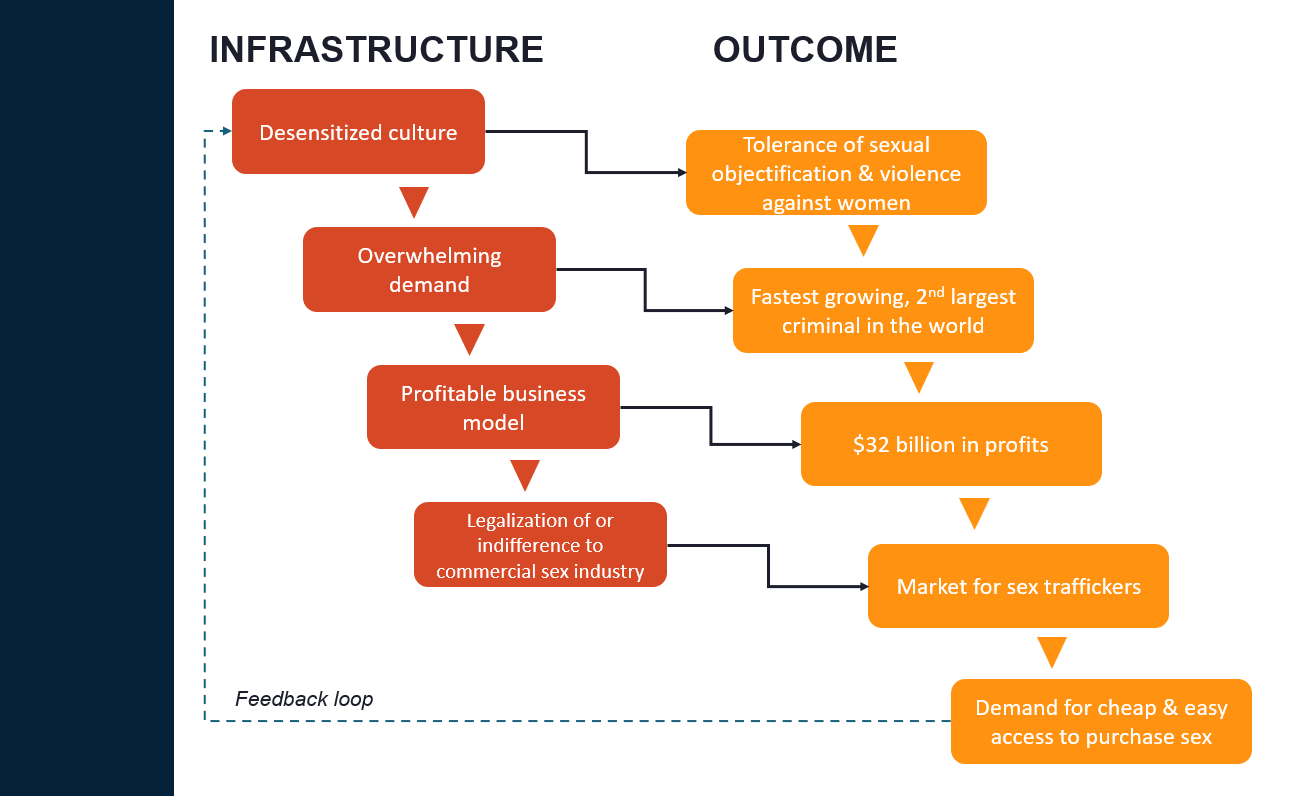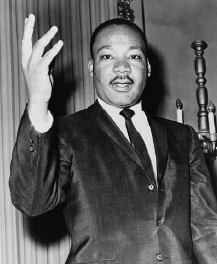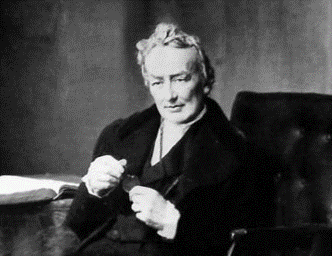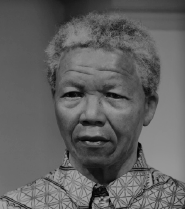Chapter 5 Hope & Solutions





5.1 Norman’s Story

The day that forever changed Norman’s life started like any other day — the kids preparing for school, his wife hurrying out the door to work, and Norman firing up the computer to spend another day on the tasks of making a living.
One day, as tedium overtook Norman’s existence, he had begun to surf the web for interesting sites. He was amazed at the number of porn sites that now existed. At first, the graphic photos and teaser videos he found appalled him. But, over the course of days and weeks, boredom won out and Norman found himself spending hours porn surfing. To Norman, it really seemed a harmless way to spend time day after day.
Norman’s porn suffering grew from weeks into months; and went from visiting free websites to paying for access to certain sites. As time grew, he became more and more desensitized and began viewing these pictures of people as only objects - though he hadn’t noticed this change in his perception. Eventually, these websites were not enough and the lure of real sex for sale began to tempt him.
Finally, less than a year into his addiction, Norman gave in. He responded to one of the emails generated by his many visits to local sex sites. Before long, Norman was hooked. He returned often to the old motel across town that housed a dozen women who would do almost anything for surprisingly little money. All the while his family life continued as normal. Since Norman only visited the brothel during the day, his wife and teenage kids had no clue.
His day of reckoning started like any other — noise, confusion, a flurry of activity and then Norman’s family took off to live out their day. After everyone left, Norman spent a couple of hours on work and then drove to the motel across town to break up his day. As he stood at the counter making arrangements with the “motel owner,” the front door flew open and two armed policemen stood in the doorway. The motel owner attempted to flee out the back of the office, only to be stopped by another pair of armed officers.
Norman watched as the motel owner was handcuffed. Then, shock began to set in when he felt his own hands wrenched behind his back and the cold metal cuffs tightly fastened around his own wrists. Norman was arrested and taken to the police station. Once there, he learned the bust was the result of a sting operation that had been monitoring the motel for weeks. The motel owner was charged with felony human trafficking — two of the “women” in his brothel were under 18. Norman found himself charged with soliciting for prostitution.
There was no way to hide this from his family. Norman called his wife to bail him out. When he met her in the lobby, the look on her face told him his life was forever changed. But her disgust paled in comparison to the overwhelming guilt Norman felt, knowing he had used enslaved women and young girls for his own selfish pleasure.
This true and common story is illustrative of the Infrastructure, Outcomes, and Feedback Loop we discussed in the last chapter seen in the picture below.



Shortly after that fateful day, Norman sat in his lonely, empty suburban home. He had thought long and hard about all that had transpired. When asked if he had any words of advice for other men following in his footsteps, this is what he said:
“There isn’t much I can say that will make most of them ever change their ways. They don’t care about the women they sleep with. Sex is the thing. And who am I to give advice? . . . But if I had one bit of advice, I’d ask them to look into the woman’s eyes. That will tell them if she wants to be there or whether she’s been forced into it. All drug-addicted hookers are forced to do it. All poor women are forced into it. When I look back at the women I’ve paid for sex, I know that most didn’t want to be prostitutes. If anything, they should be called destitute and I used every single one of them because I didn’t care. I would say the majority of women don’t want to be whores and men should think hard about what they are doing and quit deluding themselves with excuses and lies.” 1 & a
[1 & a: a Account developed from Norman’s story and quote, found in Victor Malarek’s book The Johns: Sex for Sale and the Men Who Buy It.]
The preceding account gives a picture of the life of a normal, everyday man whose life has been ruined by believing and acting on the lies we have discussed in this book. These lies, however, are conducive and convenient for the sex industry to prey on the weakness of men and society in order to entrap vulnerable women and children. As surely as trafficking victims are enslaved by the commercial sex trade industry, so are the men who partake in the industry. Bit by bit, these lies enable people’s natural sexual desires to turn into an addiction that is often the disastrous result we see too often in our society.
5.2 Connectivity & Community

Ironically, our society enjoys instant, virtual connectivity yet its members are increasingly isolated. Technology enables a type of connection as never before, yet far too often those connections are virtual and true interaction with others is relegated to words on a digital screen. Societal pressures to achieve more demands long hours, which leaves less precious time to develop close relational ties. Economic downturns leave depression and anxiety in their wake, causing many to withdraw from social contact.
Most likely, you have heard about the “six degrees of separation” theory. This theory claims, through a chain of six or less acquaintances, all people in the world are connected. In 2012, this theory was tested by Facebook researchers; it was found that the premise is dated and reflects a pre-social network world. According to the study, today’s world is entirely connected by only four degrees of separation. 2 In terms of human trafficking, this means as few as three friends separate you from a human trafficking victim or a criminal who enslaves women and children.
Your sphere of influence is significant.
Because of the time in which you live, you have the power to affect change in the lives of those around you.
Through education and by taking a proactive stance against sex trafficking, together we can seek to decrease the demand in order to bring a final end to modern-day slavery. For this vision to become a reality, we all must begin to understand the societal repercussions of individual choices. No action is truly isolated. The choice to fight against trafficking is our own, but the consequences will impact an ever - widening circle of lives.

“Today’s world is entirely connected by only four degrees of separation. In terms of human trafficking, this means as few as three friends separate you from a human trafficking victim or a criminal who enslaves women and children.”

5.3 Stories for Hope
You have been confronted by many facts and statistics about the horrors of sex trafficking. Like many who hear this information, you might be wondering if anything can be done to end this grave injustice. Can we really decrease the demand and bring an end to sex trafficking? You might hear cynical comments implying that the “world’s oldest profession” is impossible to change. This argument assumes things will always be as they have been.
But change can be made. Change is being made. Change must be made. History abounds with examples of change when most believed that it was impossible. Below are examples of significant culture changes that have occurred against seemingly unbeatable odds against them:

Drinking and Driving

30 years ago, drinking and driving was a fact of life. Had you voiced the desire to stop people from driving while intoxicated, it was and would have been thought by most to be an impossible quest. Yet someone decided enough is enough, and the fight was worth waging. Today, harsh penalties are levied against drunk drivers and people become enraged by the thought of inebriated driving. Countless lives are safer and countless lives have been saved. 3

Smoking

50 years ago, if you had said you wanted to significantly reduce the number of smokers, people would have laughed at the idea; and they did. Most Hollywood stars and many professional athletes smoked. But someone decided his or her voice just might make a difference. Today, smoking carries a social stigma and the dangers of smoking are common knowledge. And again, because of this millions of lives have been saved.4

Racism

In 1929, when Martin Luther King, Jr. was born, racism in the United States was rampant and considered part of every day life by many people throughout the United States. When Dr. King began organizing the civil rights movement to end racism, he was arrested, his home was bombed, and he was subjected to personal abuse. But, he emerged as a respected civil rights leader and became the youngest recipient of the Nobel Peace Prize at the age of 35. Many people, however, considered his actions foolish and pointless. And history clearly proves them wrong. 5

Slavery

William Wilberforce and the Clapham sect fought against human slavery 200 year ago in the United Kingdom. Over 30 years of work later, the United Kingdom - the most powerful nation at its time - ended the save trade by a parliamentary vote (not a civil war).

Apartheid

Nelson Mandela fought to end apartheid in South Africa until it was undone in 1994. Serving time in prison and fighting a tough battle, Mandela did not fight alone. United together, the people of South Africa joined with Nelson Mandela and changed the country forever.7

The world over, protests sparked by injustice have overthrown tyrannical governments or cultures. More often than we may realize, what begins with one voice, ends in a drastically changed society. The history of mankind’s inhumanity has taught us that, when the stakes are high enough, the question is not whether change will occur but when change will occur.
Mother Teresa used to say that if she had not picked up that first person from the gutters, she never would have picked up the remaining 42,000. 8 It was when she actually connected with one that she was sensitized to the plight of many. When the orphaned children ceased to be statistics and became real children with needs she could meet, Mother Teresa became a voice that was listened to and treasured by millions.

“If I didn’t pick up the first child, I may not have picked up the remaining 42,000.”

The impact of Marint Luther King, Jr., William Wilberforce, Nelson Mandela, Mother Teresa, and so many others have influenced whole societies and have forever changed our world for the better. It all began with one person realizing the value of individual lives and leading others to see and act accordingly.
And throughout history, naysayers have tried to negate these efforts of others who attempt to work for the common good. But the ones who have stood in the way of human dignity have found themselves in the minority and forgotten in the halls of history. And then there are those who - maybe don’t actively stand in the way but - are indifferent and go on with their normal lives. Please do not be in either of these groups. And particularly and most sadly, it is those who know the good they should do but do not do it. William Wilberforce has a poignant quote saying:

“You may choose to look the other way, but you can never say again that you did not know.”

By assuming a global problem is too ingrained in society, we would let the fire of sex trafficking burn freely. And if we leave our problems for future generations, the scope of this crime and the numbers of its victims will reach even more devastating proportions. The fire of trafficking may have already or could quite possibly claim someone you know as its next casualty. Not one of us should be willing to be a “good person” who does nothing.
From the “Stories of Hope” above, we see how a series of small and seemingly insignificant steps by individuals who believed in a common cause can ultimately culminate in a transformed and better experience for all. That transformation must begin today. Rescuing and rehabilitating sex trafficking victims is clearly needed, worthy, and most continue. To directly fight - to put out the fire of - sex trafficking in our lifetime, we cannot forget and more resources need to be invested decreasing the demand. As Nelson Mandela has stated:

“Education is the most powerful weapon we can use to change the world.”

5.4 Purpose
Recall Norman’s path that took him into a brothel filled with sex trafficked victims. The dynamics behind his story may seem straightforward, but we truly do wonder if someone would have connected with him about the myths and realities of sex trafficking before or during all of this - would that knowledge and understanding have given him pause about the websites he was visiting and thus prevent or lower the probability about him acting on his desires?
We, at MATTOO, believe that most people are decent and that it would have helped and - perhaps, eventually slowed and then stopped his behavior.
Why do we think this?
Because we have seen this positive change occur in individuals who discover the myths covered in this book and how their cultures have been telling them the opposite.
5.5 Reflection



How does the sex industry trap and exploit men?
How has your perspective about sex trafficking changed after reading this book?
What else can you personally do to decrease the demand? (Note: we have some thoughts below)
5.6 Action Points



Thank you again for journeying with us through this book. You have been equipped with a lot of important knowledge to begin fighting the fires of sex trafficking.
Since the demand for sex-trafficking is rooted in cultures and thus the hearts and minds of individuals, it must be solved there. And, as with any cultural change, the most effective tool to transform hearts and minds is Education.
Here are some steps you could take to start that change in your sphere of influence:
Share this MATTOO Book. This content is free and only getting better every month. Share this content with your school, your business, your community organizations. This book can be stand alone content read individually or augment other learnings such as in a classroom setting. (Also, remember there’s the built in social sharing capability in the platform on the upper right of any page.)
Lead a group discussion through the MATTOO Book. Encourage key people in your life to go through this book with you.
Tell others & politely stand your ground. As these facts are currently counter-cultural, these messages may be uncomfortable to others. Stand your ground and be polite. Remember must people have grown up with culture teaching them these myths. Speak the truth with kindness. With the simple act of shedding light on these myths, we begin to put them in the halls of history, one by one.
Find a like-minded group(s). Begin to develop a group of people committed to treating every human being with dignity and respect — a “fraternity,” a “soreity” who have made MATTOO’s vision their own and are set on a course to change their world. Finding like-minded people to surround yourself with is key to sustaining yourself and creating the change the world needs.
Hold a FUNdraiser. What are some things you enjoy doing? Poker? Baking? Running? Painting? Sports? Turn it into a Fundraising event with an educational aspect.
We - and most importantly - those who are suffering are grateful for anything you do.
[Please note: there’s one last Chapter to read and then remember to fill out the post-survey below on the website. Thank you!]
